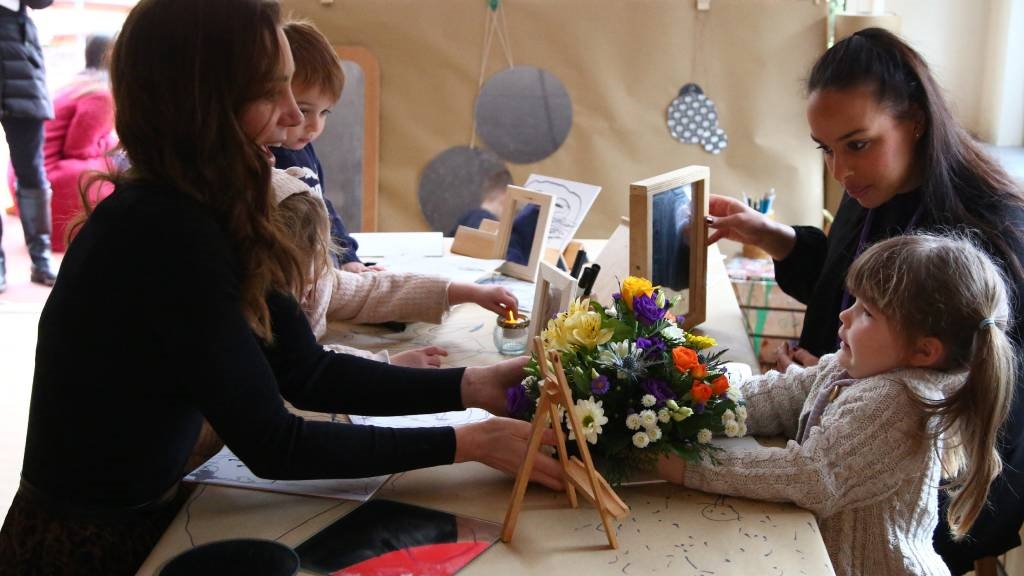- The UK has removed its 8% tax on cut flower imports for the next two years.
- Kenya, Ethiopia, Rwanda, Tanzania, and Uganda, the continent’s big cut flower exporters, will benefit from the decision.
- The UK said the move was part of its strong will to improve trade relations with East Africa.
Kenya, Ethiopia, Rwanda, Tanzania and Uganda, the major cut flower exporters in Africa, will be the biggest beneficiaries of a decision by the United Kingdom to remove export tariffs for two years.
According to a notice issued by the UK government, flowers in limitless quantities from East Africa can now be transported to the UK with a 0% charge, even if they pass through a third country.
This is especially significant for producers who sell flowers via auction houses before arriving in the United Kingdom.
Before the suspension, duty on cut flowers was 8%.
John Humphrey, the UK’s Trade Commissioner for Africa, said the decision was part of their commitment to strengthening trade relations with East Africa.
“The UK’s relationship with East Africa is rooted in mutually beneficial trade. This additional flower power will allow trade to bloom. We go far when we go together, or in this case, we grow far when we grow together, further reinforcing the UK’s commitment to the expansion of trade in East Africa,” he said.
Flower from East Africa
For Rwanda, the UK, Netherlands, Belgium and Germany are among the top importers of an industry reliant on a good climate and cheap labour, making some Africans highly competitive.
Tanzania’s flower industry is on the rebound. In Arusha, it used to bring in around R460 million in export value per year, creating more than 4 000 jobs for locals.
The removal of taxes by the UK is a timely boost for Tanzania’s flower industry.
Floriculture generates around 80% of Ethiopia’s earnings from horticulture.
According to government statistics, in 2022 it brought in about R12.3 billion in revenue.
That year, Ethiopia exported 2.7 million kilograms of flowers to the European market for Valentine’s Day alone.
Ethiopia is Africa’s second biggest exporter of flowers, with 23% of the market share.
According to the Uganda Flowers Exporters Association, in 2021, the flower industry registered a huge rebound from the Covid-19 period when 769 tonnes were exported to European markets compared to 412 tonnes the previous year.
About 40% of all roses sold in Europe are supplied by Kenya. A recent report, stated that flowers are the second biggest export after tea in Kenya.
The industry is believed to employ close to 100 000 people.
In 2022, Kenya was ranked as the fourth biggest exporter of cut-flowers in the world, with 6% of global cut-flower exports.




